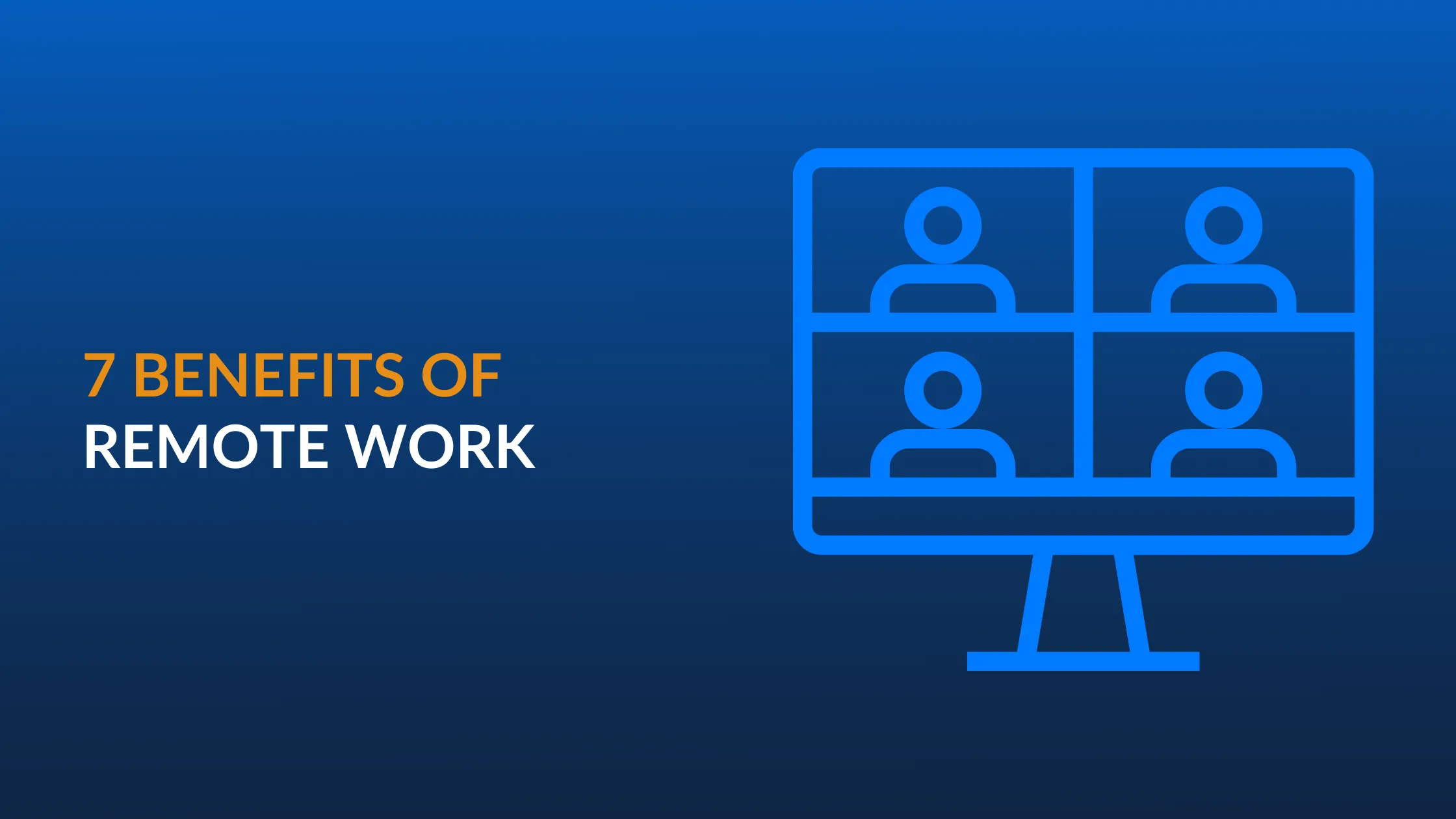The benefits of remote work: the full list!

A number of studies, such as those from Google, Buffer, FlexJobs, and IWG, show that people who value autonomy and creativity highly achieve new levels of productivity in a remote environment.
In connection with recent events, work from home has become more acceptable and widespread, but still Russia is at the bottom of the list of countries supporting this transition. And there are many states from which we have something to learn (for example, the Netherlands).
Most often, the problem is the inflexible thinking of employers who are accustomed to certain business processes and do not want to adapt to the new environment. Many also believe that remote work makes people lazy, the quality of work decreases, it becomes more difficult to control employees, and in general, it is unprofitable in the end.
To make it easier to argue with doubters, we have collected for you all the arguments in favor of remote work.
For staff
One of the main benefits of working remotely for employees is that you no longer need to waste time and money on commuting (subways and buses, gas, maintenance, fares, and so on). As a result, the stress level at remote work, according to statistics, also goes down.
You have more freedom in everyday life (children, parents, friends, grocery shopping, sports). It’s easier for you to take vacations, working hours are often not so clearly defined, and the company is more results-oriented.
 Reduced overall fatigue and increased productivity. During the coronavirus, for example, Google and Microsoft learned about this. It turned out that their programming teams began to work better, even despite the general situation with the coronavirus. We at Rubrain.com also notice the positive effects of working remotely: the productivity and self-organization of employees is very high.
Reduced overall fatigue and increased productivity. During the coronavirus, for example, Google and Microsoft learned about this. It turned out that their programming teams began to work better, even despite the general situation with the coronavirus. We at Rubrain.com also notice the positive effects of working remotely: the productivity and self-organization of employees is very high.
You can arrange it in any way convenient for you.
You (most often) can choose the working hours that you are most productive. For example, work late at night. Or only from 8 to 13, and then from 18 to 22.
Homemade food is often better, healthier and cheaper.
Payroll taxes in some countries are lower, and this way you can save even more.Due to this, we at Rubrain.com offer favorable conditions for outsourcing / outstaffing: the company does not have to rent offices in Moscow and other cities where the bulk of our staff is located.
It turns out good savings on renting office space. The same company that participated in the Stanford University experiment managed to save an average of $2,000 per employee by reducing the amount of office space.
It becomes easier to quickly grow and scale your company. There is no need to worry that you will outgrow your office and you will need to look for a suitable place. Even if the company has hundreds or thousands of employees, in terms of organization, in fact, nothing will change.
Employees are increasingly expecting their employers to be able to work remotely. Such vacancies are more often responded to, and as a result, they are more valued. It’s a myth that remote workers change employers more often. They are 50% less likely to accept offers from third-party employers.
You don’t have to pay to relocate someone you want on your team. Hiring new employees is getting cheaper and faster.
With employees all over the world working at their optimal time, the project continues to be supported and improved even when the working day in your time zone is over. This “continuity” of business is also good because in the event of local or global problems (political instability, unrest, natural disasters), part of the team will remain online and will be able to continue to keep the project afloat.
For the world
A University of New Hampshire study found that “35% of rural counties in the United States are experiencing prolonged and very significant population loss.” In Europe, towns and cities are also gradually shrinking. A 2016 report from the European Parliament Research Service (ERPS) states that “younger members of society prefer to migrate to more economically vibrant cities in search of better job prospects because, in most of these areas, professional opportunities remain very narrow and limited to a few industries (e.g. agriculture and tourism).
In Russia, the situation is even worse. There is Moscow, there is St. Petersburg, and there is everything else. Even cities like Saratov and Nizhny Novgorod lose their population every year, people leave to work in search of decent wages. The situation is quite unhealthy, it needs to be changed. And the gradual transition to remote work, its more active implementation, may be the very necessary change. It can stop, and perhaps even reverse over time, this ongoing depopulation of less economically active regions.


